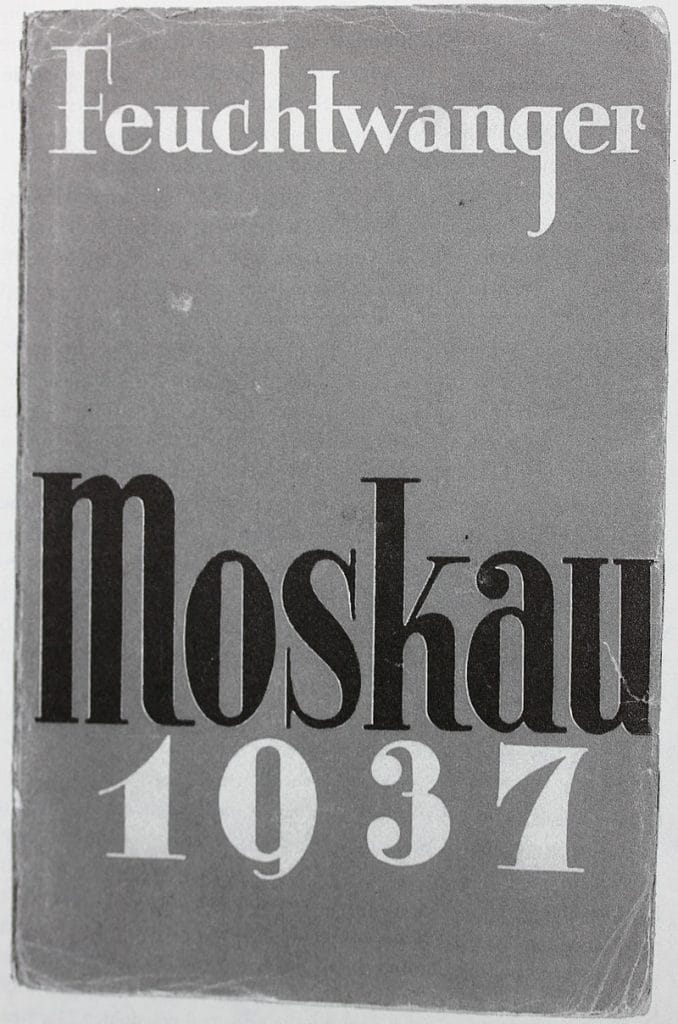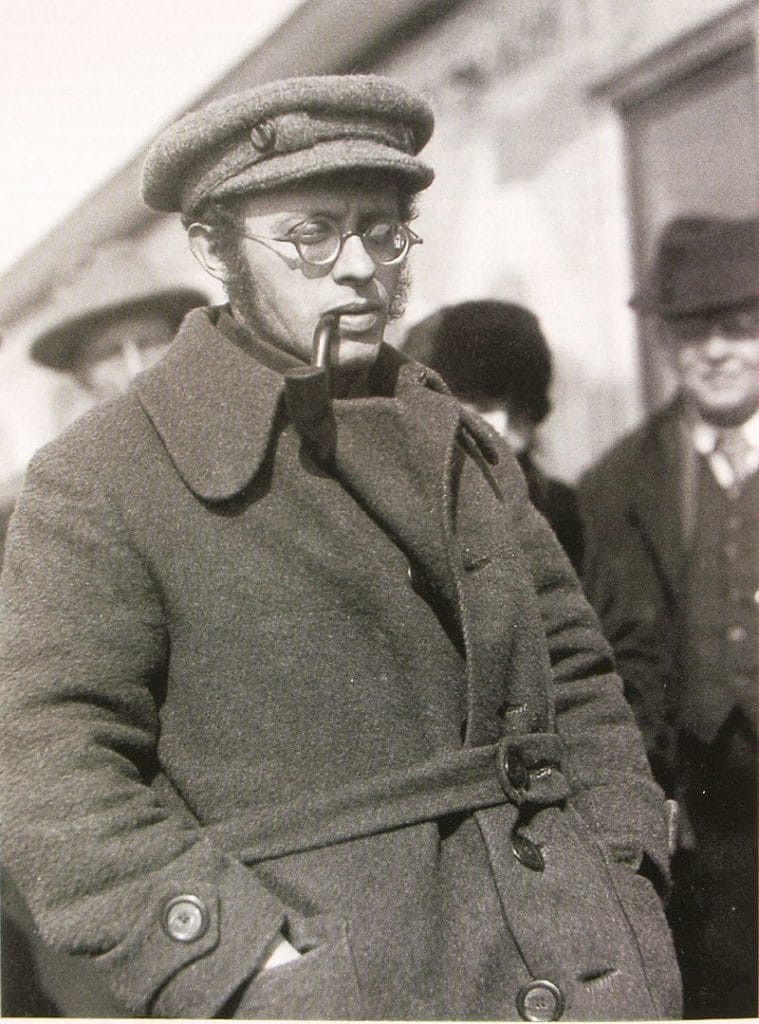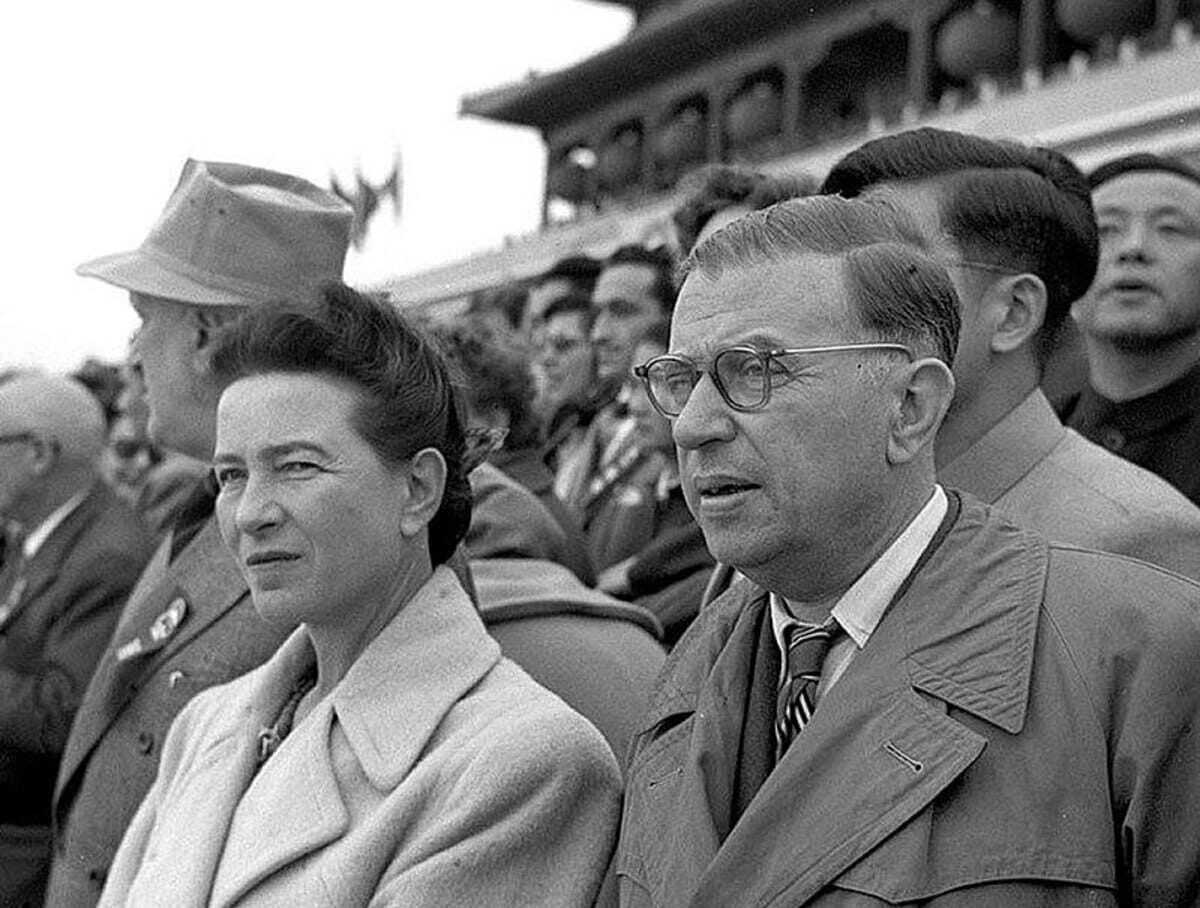Vladimir Lenin is often considered the author of the expression “useful idiots,” which characterizes sincere supporters of a particular regime abroad. We decided to check if he really came up with this term.
Lenin as the author of the term “useful idiots” is mentioned both in blogs and in the media. In LiveJournal, this phrase is used precisely with reference to the leader of the world proletariat to Mikheil Saakashvili, then to Ukrainian politicians. It is often found in the media. Yes, on the website Radio Liberty Here is a statement from publicist Andrei Piontkovsky, who said the following: “V. I. Lenin, for whom Putin’s grandfather served as a servant either as a cook or as a security guard, loved to repeat: “Comrades, we need useful bourgeois idiots.” There was a reference to Lenin in article New York Times columnist Slawomir Sierakowski, “Putin’s Useful Idiots.”
In the complete works of Lenin the word "idiot" meets quite often. He calls idiot Nicholas II (“some idiot Romanov”, volume 35), writes, how important it is to study documents (“Whoever takes his word for it is a hopeless idiot who is waved at”, volume 81), leaves notes in the margins of books read (“idiot author”, volume 23). But the expression “useful idiots,” referring to the pro-Soviet Western bourgeoisie or intelligentsia, is not found in Lenin’s works.

But an expression similar in meaning is attributed to some of Lenin’s associates. Often the author of the term called member of the Central Committee of the RCP(b), one of the leaders of the Comintern, Karl Radek, who was subsequently arrested and killed in prison. But in Radek's main works - "Foreign policy of Soviet Russia", publications, dedicated Comintern, biographical "Portraits and pamphlets" - this phrase does not exist. She is mentioned in connection with Radek only in the magazine "Policy"(publication of the Central Committee of the Communist Party of Estonia) for January 1990 without reference to the original source.

Another source from the same time - memories Stalin's former secretary Boris Bazhanov, who fled the USSR. Bazhanov uses a slightly different form of the same term - “well-meaning idiots”, and it is pronounced not by Lenin or Radek, but by the People's Commissar for Foreign Affairs Maxim Litvinov. Stalin's secretary recalls a conversation between members of the Politburo about how to recognize the debts of Tsarist Russia, but at the same time not pay anything and not lose face. Litvinov responds to this: “Nothing could be simpler. We announce to the whole world that we recognize the royal debts. Well, all sorts of well-meaning idiots there will immediately make a noise that the Bolsheviks are changing, that we are becoming a state like any other, and so on. We make the best of it." Bazhanov's memoirs were published in France in 1930 and became the source many others entrenched in journalism, but unconfirmed stories.
But the term “useful idiots” became established in the English-language press after World War II. In 1987, William Safir, a noted journalist and lexicographer and former speechwriter for President Nixon, wrote in the New York Times article about the origin of the expression. The earliest mention he found was in 1948. The same New York Times published note about the coalition of Social Democrats and Communists that appeared in Italy. In this article, the term useful idiots was used in our usual sense: naive, sincere supporters of communists, whose activity benefits Moscow.
In 1959, at a meeting of Congress, Illinois Representative Edward Derwinski brought this is an already widespread expression and attributed it to Lenin. Later, during the Cold War, Western intellectuals who admired the Soviet Union and its friendly regimes were called useful idiots (as, For example, Jean-Paul Sartre), or pacifists, speakers against NATO initiatives (like the anti-war movement in Germany in the 1980s).
Thus, we were unable to find any reliable sources confirming that the expression “useful idiots” was coined by Lenin. Initially, it was mainly used by Western politicians and the media, and the term became widespread during the Cold War.
Cover photo: Jean-Paul Sartre and Simone de Beauvoir during a visit to China, 1955. Xinhua News Agency/Wikimedia Commons
Incorrect quote attribution
- Is it true that Stalin is the author of the phrase “It doesn’t matter how they voted, it’s important how they counted”?
- Did Lenin write: “In spirit I am with you, in hard labor in Siberia, but in body, unfortunately, here in Zurich in a hotel”?
- Five quotes attributed to Lenin
If you find a spelling or grammatical error, please let us know by highlighting the error text and clicking Ctrl+Enter.






